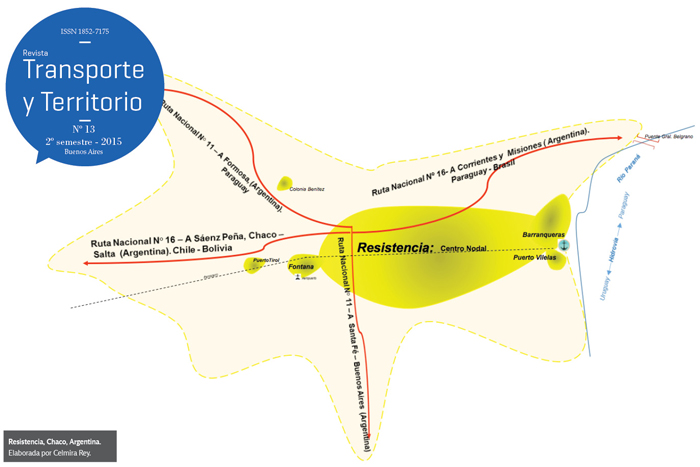Theoretical approach for the analysis of accessibility of the transportation system as sustainable development factor
Keywords:
accesibility, transportation system, mobility, sustainable development
Abstract
Accessibility in the urban context is an attribute that connects people and places through a technological tool, which in this case is represented by the transport system. However, most of the time the prevailing conditions of the transport system to achieve accessibility are decoupled from the other temporal and spatial elements associated with that attribute. In this situation, accessibility can be achieved but not equally, generating as a result, a damage to the social development. Faced with this problem, an approach to the theoretical position for understanding the lack of mobility that takes accessibility as a key factor in social welfare and a higher level of sustainable development is proposed. This proposal is based on the consideration of factors of freedom of mobility, natural and human resources constraints and equity as factors that are needed for the transport system to become an accessibility tool from the perspective of sustainable mobility. Consideration on this theoretical approach is relevant in the search of the roots of the transport system and mobility around accessibility, which lead to the path of sustainable development.Downloads
Download data is not yet available.
How to Cite
Arias Orozco, S., & Correa Delval, N. (1). Theoretical approach for the analysis of accessibility of the transportation system as sustainable development factor. Revista Transporte Y Territorio, (13), 170-184. https://doi.org/10.34096/rtt.i13.1882

1.jpg)

3.png)























